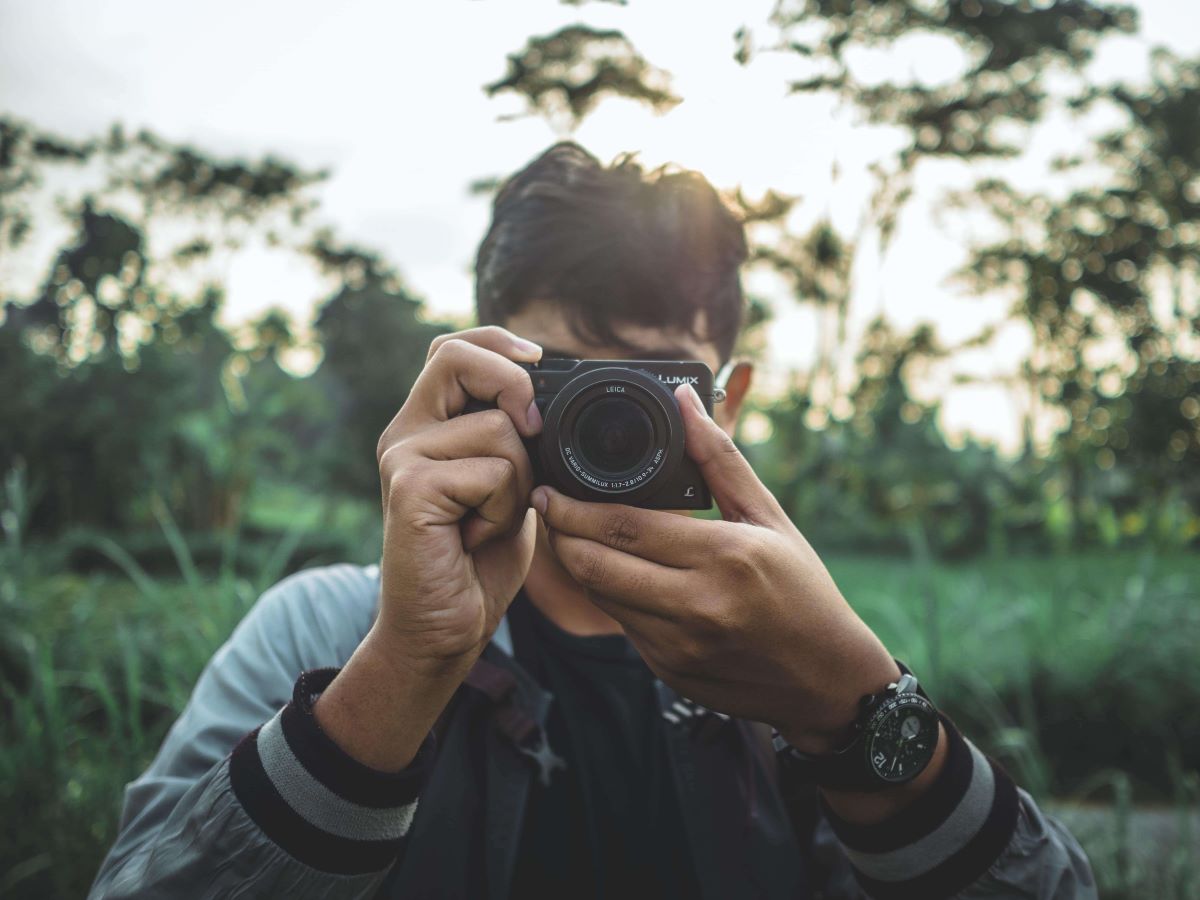When the Covid pandemic hit, the world stood still. Birthdays were missed, vacations were canceled, and entire nations went into lockdown. Around the world, individuals everywhere started losing out on experiences.
The Covid 19 pandemic made people realize the importance of remembering their experiences, the joy in taking a photo and solidifying memories from our point of view. It could be something as simple as a laugh or a family dinner but these moments in time, when captured through a lens, tell a story that we will, hopefully, remember for generations to come.
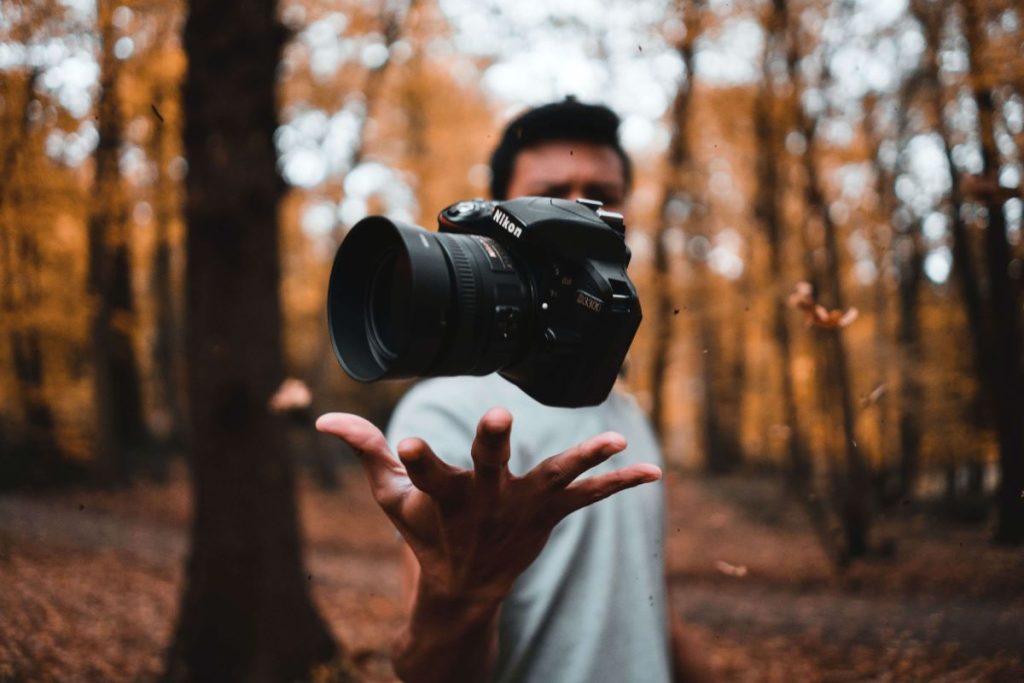
That’s exactly why, in this article, we’ll be helping you choose the best camera for your photography hobby. 30 years ago, choosing a camera used to be easy. With a limited selection, your decision usually solely revolved around the price.
Nowadays, the innovation of new technology in the image capture space has led to hundreds of viable models to choose from – many of them large enough to fit in your pocket.
With all the technical jargon and options readily available, the decision leading up to the camera purchase can be intimidating and that’s why we wrote this guide to help you comprehend everything you need to know about photography.
What to Look for When Buying a Camera
Perhaps the most confusing aspect of purchasing a camera is the fact that there are so many features to decipher. Shopping for a camera can quickly become complicated. In this guide, we made sure to include all the factors that can help you choose from the top cameras available this year.
Let’s get right into it.
Size and Ergonomics
It’s important to consider the size and ergonomics of a camera. After all, you’re the one holding the camera so it does you little good if you don’t feel comfortable while taking photos. Not all cameras share the same shape, take a moment out of your time to test out the ergonomics and feel of the camera in your hands while in the store. Ask yourself important questions: Is it big enough? Does the grip feel solid in my hands? Does it slip? Are the essential buttons accessible and not too far apart?
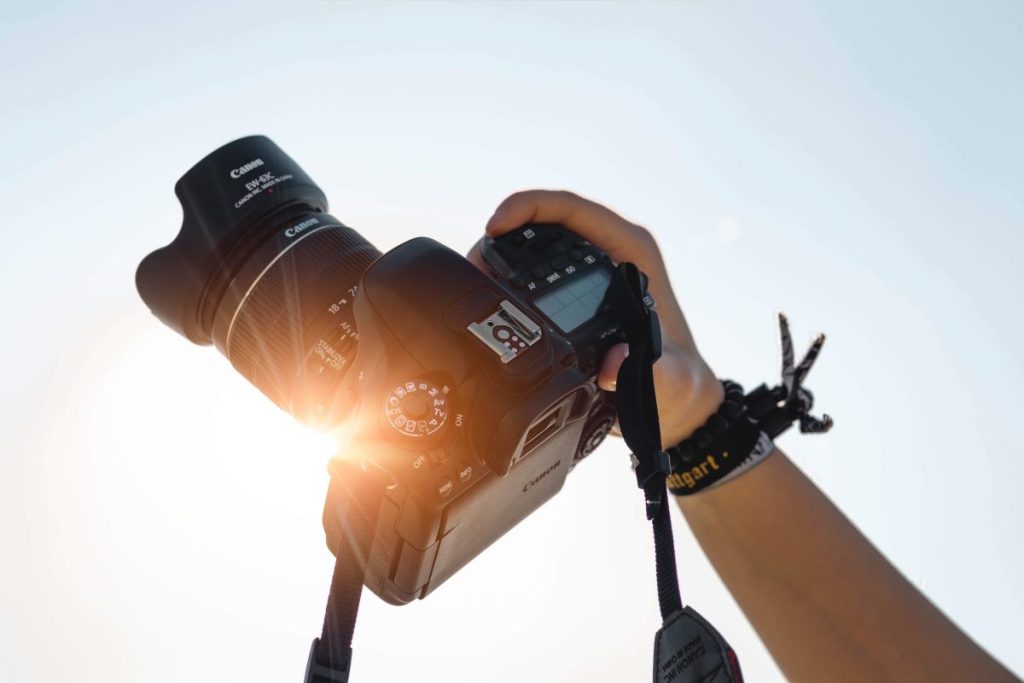
That said, you should also consider the usage of your camera when taking into account the size. If you’re often traveling, for example, you should probably opt for a camera that is light and compact. If you often carry around a bag, you could go for something larger or maybe even throw in a lens here or there.
Price
When buying a camera, be realistic with your budget. Spending too little will result in a camera with mediocre image quality. The lower budget will often lead to the purchase of an older model and while this can get great value for your money, the lifespan of your camera in terms of the tech inside will often be outdated.
That’s why it’s important to have a budget that you could afford while also keeping up to date with the latest tech.
By spending more on a camera, you will often benefit from being able to shoot faster even in low light, while also experiencing a better build quality.
If you’re a beginner, we urge you to opt for mid-tier cameras instead of top-of-the-line options. Why? Because top-tier cameras will have dozens of features that, frankly, you won’t be able to make use of.
Choosing a budget for your camera is a lot like buying a house in Laguna, you’ll often need to know what you need before knowing what you need to buy. Budgeting is about maximizing the amount you spend, something we here at Crown Asia know a lot about.
Purpose of Photography
Another thing to take into account would be the purpose of your camera. This will heavily impact the type of camera you buy. If you are the type of person to travel often and go on adventures where you have to stay on the move a lot, for example, you might want to look at action cameras like the Go Pro so you can take photos from the top of a mountain or under the sea without worrying too much about the build quality of your camera.
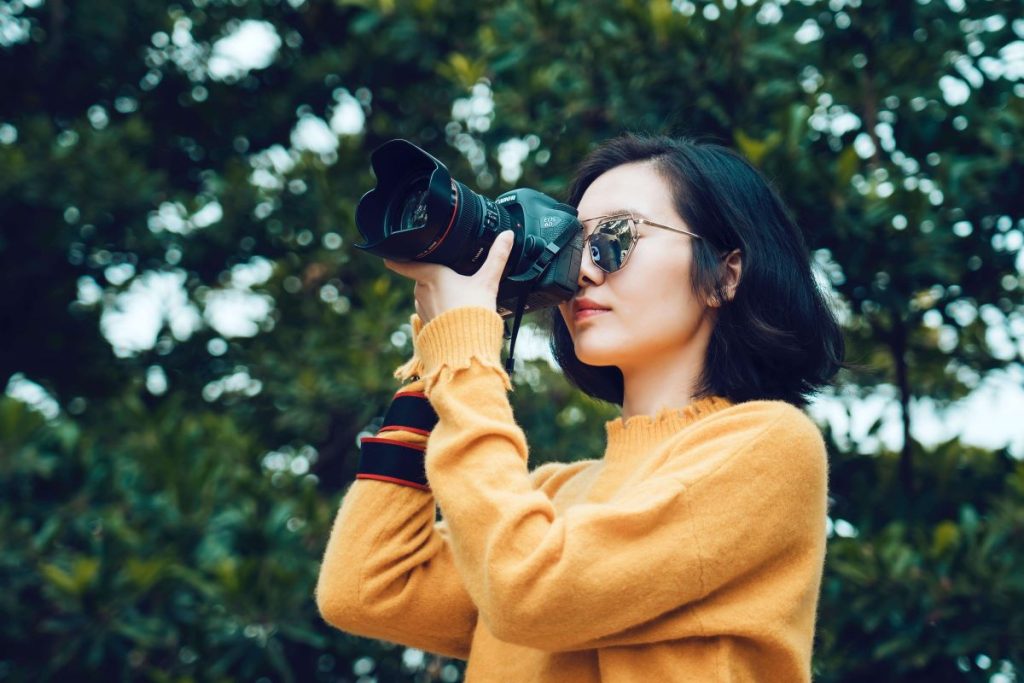
If you want to take professional-grade cinematic videos, you wouldn’t want to opt for a point-and-shoot, you’d want something more robust and in tune with your needs, like a RED cinema camera.
Image Quality
Of course, what’s the purpose of purchasing a camera if not to have better photos? A mistake that a lot of beginners make is that they purchase a budget camera that takes worse photos than their phones.
Another thing to consider is that the image quality of a camera depends a lot on the lens attached to it. A fixed-lens camera will obviously leave you no choice in this matter but interchangeable models offer a variety of options that you could use as you continue to expand your portfolio of shots.
Lenses
Now, like we said before, an incredible lens is something you absolutely need if you want to expand on your photography knowledge.
It’s a lot like looking for a house and lot for sale in the Philippines, the lot is the camera body but the lens is the house on top of it, and that’s what really sets it apart from the rest.
Now, most entry-level DSLR and mirrorless cameras come with kit lenses. However, these are mostly cheap mid-range zoom lenses with a slow, variable aperture. If you have any hope of becoming a professional photographer, you’d want to invest in an affordable prime lens and better quality zoom as soon as your budget allows.
Lenses just might be the most important feature of your camera. Experts argue that you could easily elevate the photo quality of an entry-level camera with a better lens, but it doesn’t always work the other way around.
Video Performance
Finally, you’ll want to ensure that your camera offers a hybrid of options when it comes to capturing memories. We are sure that a lot of you reading this will want to be able to capture video as well, it’s just a natural step up from photography.
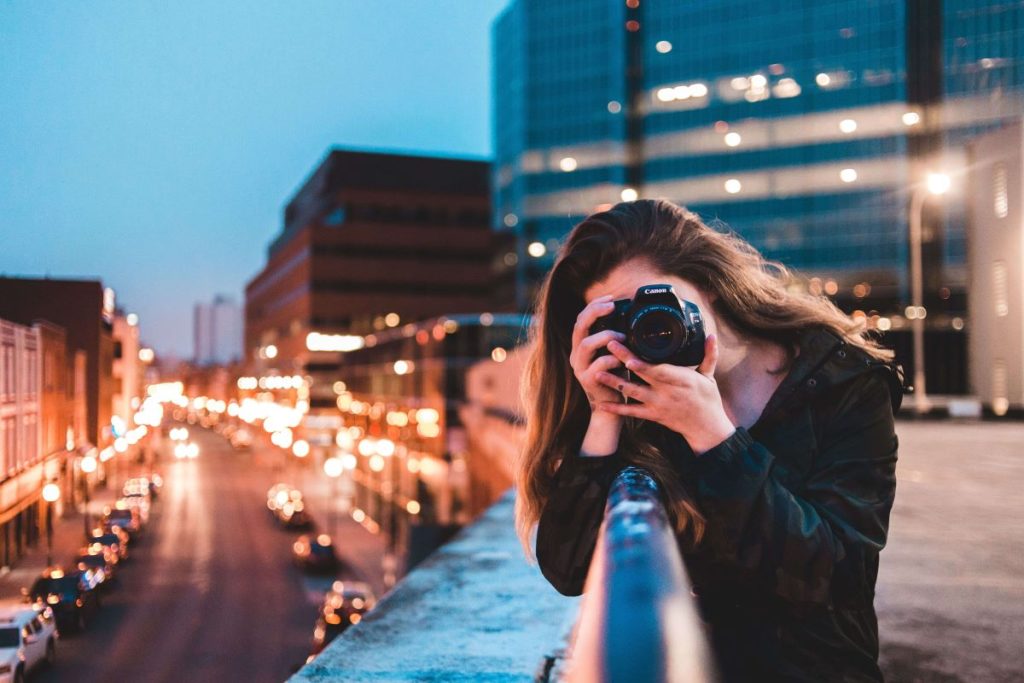
Now, all digital cameras shoot video these days, some offer high-end features such as 4K Ultra HD resolution, multiple frame rates, slow-motion, or time lapses.
However, that doesn’t necessarily mean that the videos you take will turn out great and rival that of Youtubers or short-film makers. Unfortunately, that privilege stays with those who own cameras with interchangeable lenses.
Aside from that, you’ll also want to take into account the ability to shoot in different frame rates, stabilize images, external mic inputs, HDMI out slots, and 4k video capabilities.
All these features can quickly run up the bill, so when choosing a camera, be honest with yourself and assess if it’s really worth it to invest in a camera with all these capabilities.
Here at Crown Asia, we don’t want to be just a one-and-done developer you go to when you’re looking for a house for sale in Cavite or a lot for sale. We want to improve every aspect of your life, from family and community to the more personal and hobby-centric side of life.
Some of the Different Types of Cameras
Remember when we pointed out that you’ll need to understand the purpose of your camera to get a clear understanding of the type you’ll need? Well, here are the types in a nice, compact list – easy for anyone to understand.
DSLR
DSLR stands for ‘Digital Single Lens Reflex’, which basically means that the camera usees the same lens for framing a shot, focusing on a subject, and taking the photograph.
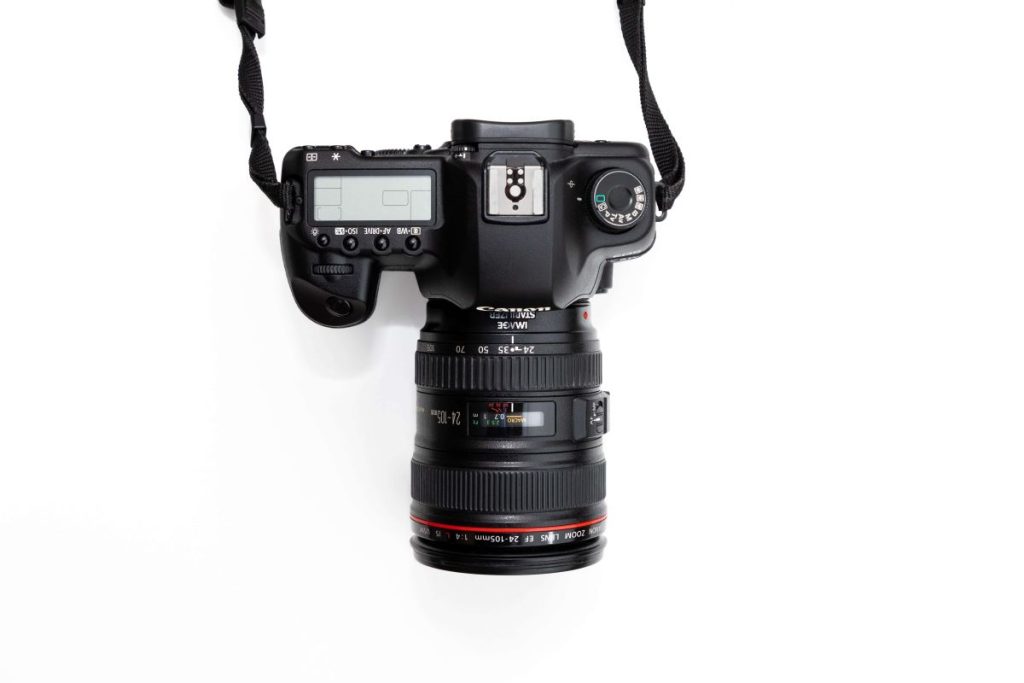
Now, as a beginner photographer, it’s important that you know that DSLR cameras are still the most popular for both amateur and professional photographers in 2021 with entry-level models available for budget prices.
Unfortunately, they’re also older and are therefore larger, heavier, and laggard when it comes to the technology introduced, unlike other types of cameras.
Mirrorless
Mirrorless cameras don’t have the same mirror inside a DSLR camera, which means that they are much lighter and usually smaller than DSLRs, making them a great option if you travel a lot. Mirrorless cameras offer a lot of advantages and are often hailed as the future of photography, with DSLRs being a dying breed.
However, this high praise doesn’t mean that the technology is perfect – as mirrorless models suffer from poor battery life and offer a shooting experience that’s less tactile than DSRs.
Compact Cameras
Compact cameras, also known as point-and-shoot cameras, are the bane of the professional photographer’s existence. Their small and portable but don’t offer the same variety of features that mirrorless cameras or DSLR cameras do. These are the type of cameras that you’ll often see many tourists take on their trips.
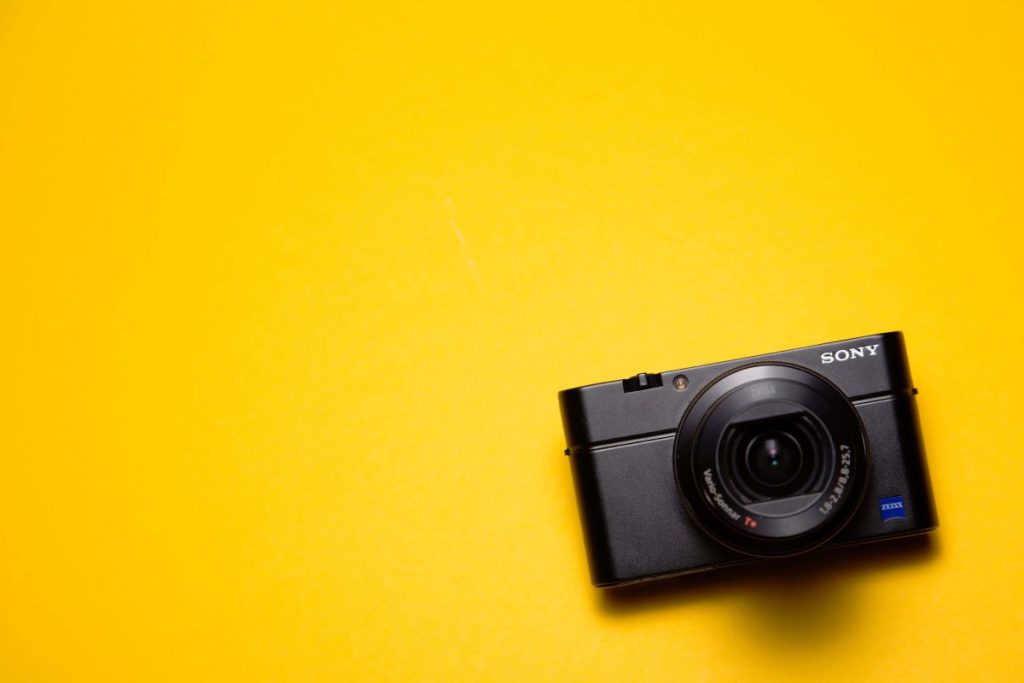
While many consider this type of camera to be dying, especially with the continuous improvement in smartphone image capture technology, there are still some features that compact cameras have that smartphone cameras don’t offer, such as incredibly fine zoom lenses, low light shooting capabilities, faster burst shooting, and RAW capture.
Bridge Cameras
These cameras fill the gap between DSLRs and compact cameras, as they offer high-magnification zoom lenses and manual controls without the heavy bulk of a fully-fledged DSLR. They’re a great all-in-one option that, frankly, not many people choose.
Bridge Cameras typically have small image sensors and seldom have optical viewfinders. Similar to a lot of mirrorless cameras, they opt instead for an electronic viewfinder and a rear LCD screen for you to see the photos you’re about to take.
Action Cameras
Finally, action cameras are the newest category to come into the spotlight. While its image quality may be worse than the average smartphone, it’s definitely a great option if you’re looking to take it on a ton of adventures. These are usually small, waterproof, and rugged.
Their main selling feature is that they can be mounted on your body or helmet to give a unique first-person perspective of your adventures. It’s important to note, however, that action cameras are not an option for those who want to get into photography, they’re actually more inclined towards videos.
FAQs
What should I look for in the camera when buying?
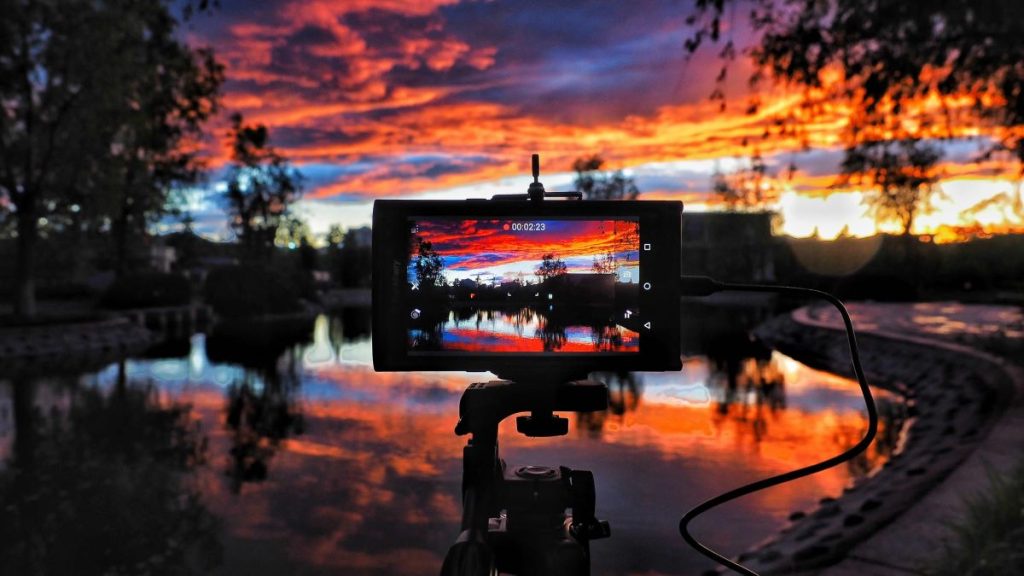
Some of the things that you should consider when buying a camera are its purpose, price, image quality, and video capabilities. Each camera is unique and they all serve different purposes. It might be confusing to have so many options available but we argue that this also creates a better relationship with your camera and a better relationship is a better photo.
Of course, there are other things to consider but when it comes to it, you really just want a versatile camera that could fit your every need.
How do I choose the best camera for me?
Identify your purpose. It all depends on what you want to shoot. For example, city scenes might leave you with a wide-angle camera with lowlight capabilities and YouTube videos might require you to have a camera with 4k resolution and the ability to shoot at different frame rates. It all depends on the person and the circumstance that they find themselves in.
What camera do most photographers use?
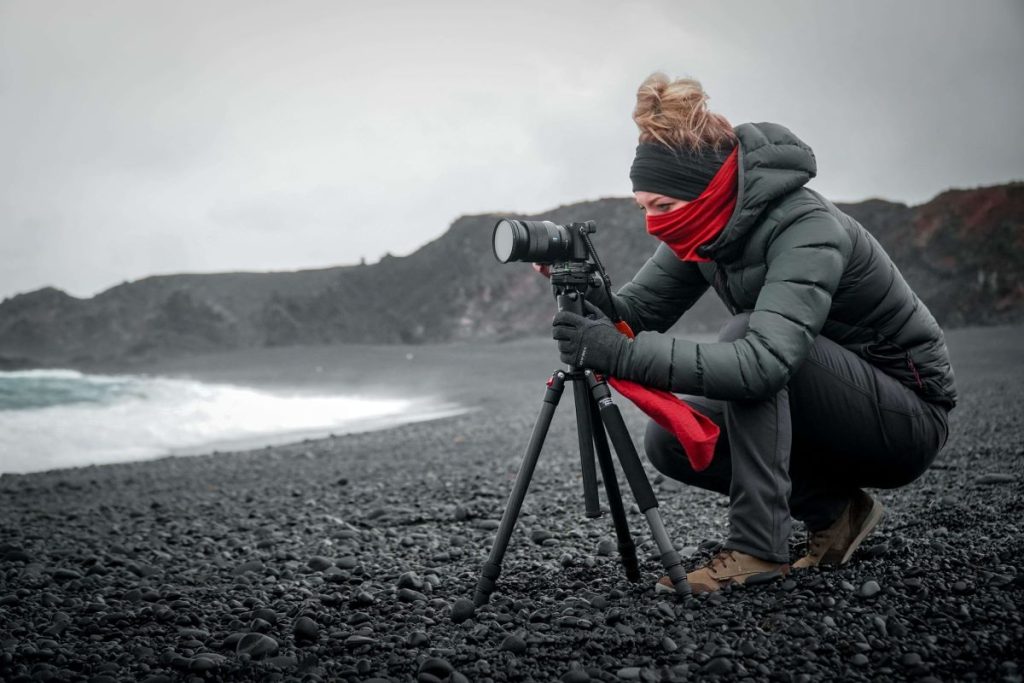
There’s not really a consensus camera that award-winning photojournalists use. However, the vast majority of them use DSLR cameras. That’s not to say that the other types of cameras are horrible or anything like that. It simply boils down to what they’re comfortable with and the technology that they’ve trained with. After all, it’s not always about the gear but the person behind it as well.
Related Blog: Photography Ideas at Home


